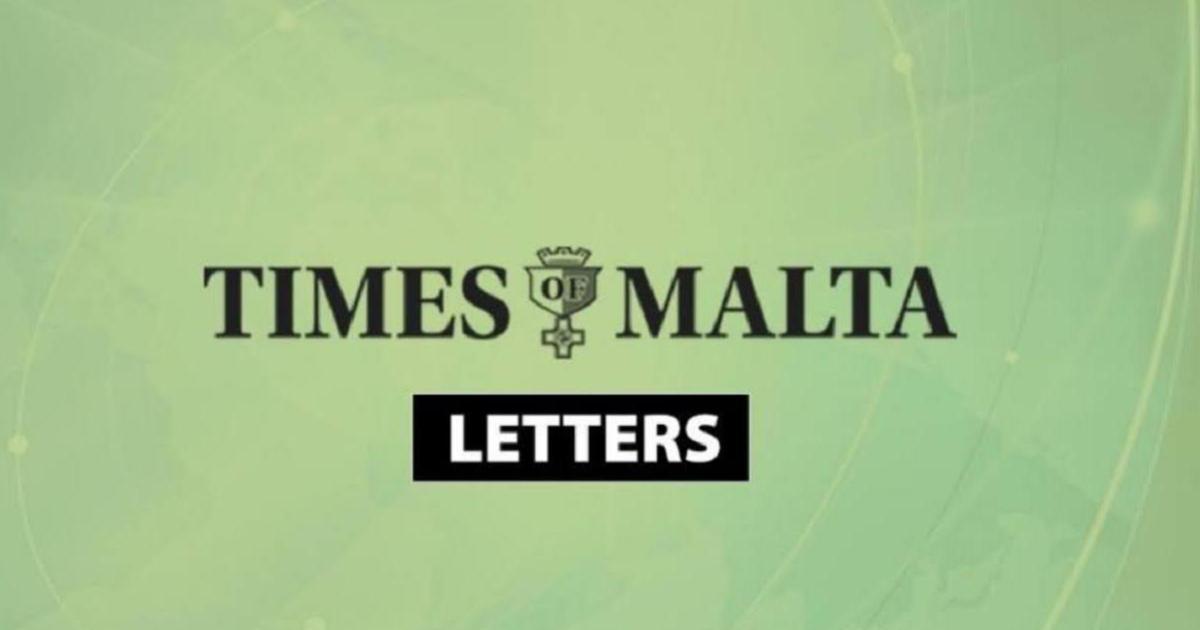Health service drugs Albert Cilia-Vincenti, former scientific delegate to the European Medicines Agency, of Attard writes: Kenneth Briffa, from the healthcare business section of the Malta Chamber of Commerce, Enterprise and Industry (June 18), refers to at least two distinct problems, as he sees it, related to our health service drug procurement. One is our health service’s slow or reluctant addition of new drugs to its formulary, and his other complaint is that the health service goes for the cheapest generic copies of older drugs. New drugs are almost always very expensive, particularly new cancer drugs. Pharmaceutical companies have to pay the salaries and pensions of employees and remunerate shareholders. New drugs given marketing authorisation by the European Medicines Agency have a 10-year patent. They may have been approved only on some evidence that they are marginally more effective than others already on the market. So, a health service purchasing authority, such as the National Institute for Health and Care Excellence (NICE) in the UK, may decide that a new very expensive cancer drug, claiming to prolong life by two to three months, is not good value as far as the taxpayer is concerned. Our health service has another problem with new drugs. The European Commission had promised a level playing field in purchasing of new drugs but I am not aware that this has materialised. It means that health services of big countries, such as the UK NHS, can negotiate much cheaper prices than a tiny country like ours. Why cannot our health service negotiate with the UK NHS to acquire our small drug requirements from their big purchases at reduced prices? As regards older no longer patented drugs that generics can copy and market, I do not see why our pharmaceutical importers are shouting foul when our health service buys the cheapest generic. Claims of generics being inferior are often unfounded. About 20 years ago, a study in America of cases where the prescribed medicine appeared not to achieve the desired effect found that the commonest cause was the patient had either refused to take the medicine or had decided to take only half the indicated dose. What Briffa from the Malta business chamber does not explain is why some older drugs in our pharmacies may be two to three times more expensive than Italy or France. Complaints about this in these columns over several years have never been answered. Why is there no parallel trading in pharmaceuticals as we have in other imported goods and consumables once we are EU members?
